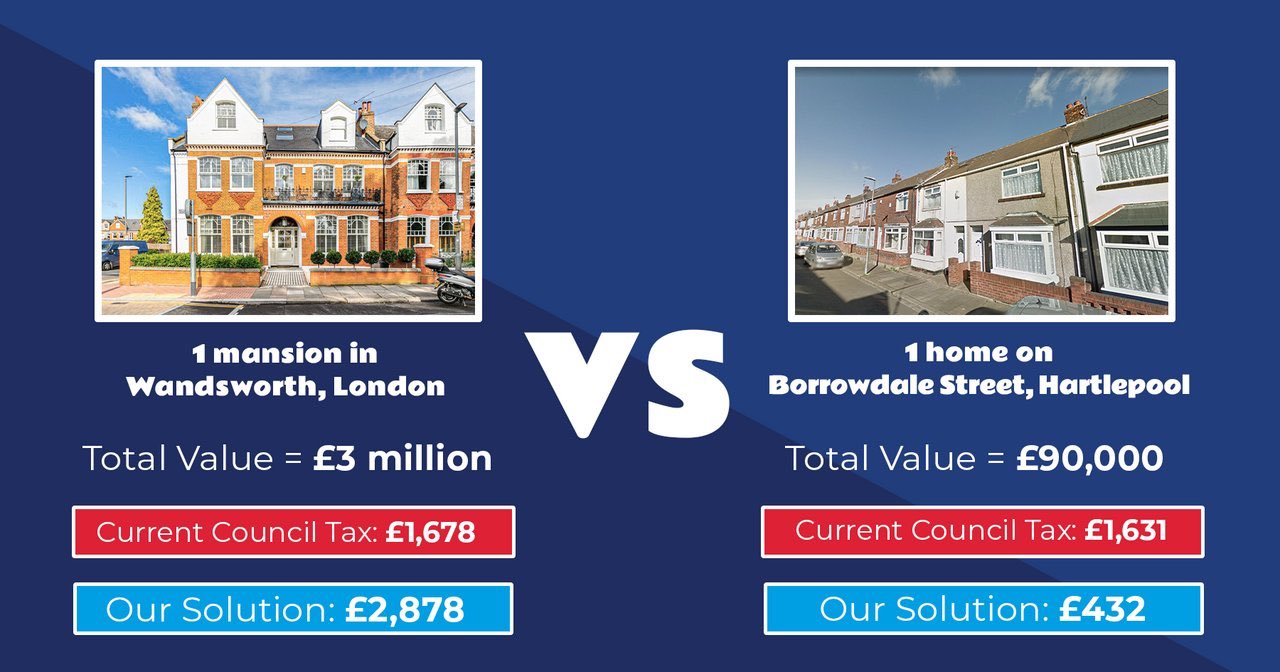Hundreds of thousands visit Cornwall every year, and who can blame them? With our long beaches, hidden coves, world-famous cream teas (jam first) and stunning scenery, it’s no wonder that so many people want to enjoy everything our wonderful part of the world has to offer.
Growing up in Cornwall I know how important tourism is to our local economy, but over the last few decades the money tourism brings in is also driving people out. A dream holiday destination is turning into a nightmare for locals who are being forced out of the place they grew up in.
Right now in Cornwall there are vastly more properties on AirBnb than on RightMove – to rent or buy, and those that are on the market often come with astronomical price tags. On top of that, house prices are rising much faster than wages, which in Cornwall are already significantly lower than the national average.
This is a situation that’s been decades in the making, but has been made even worse by the cost of living crisis and historically high inflation rates.
The huge expansion in holiday lets and second homes has collapsed our private rented sector, and pushed house prices so astronomically high that even so-called ‘affordable’ properties are far beyond the grasp of those who need them.
We’ve found ourselves in the perverse situation where the very workers who support our key industries, like tourism, have been forced to move out of the county because they can’t afford to live here. It’s not simply a problem for those workers either, our already understaffed health services are struggling to attract staff when the cost of housing, and living, is so high.
The vast majority of my school friends have left Cornwall because they either couldn’t find the jobs they wanted here, or more often – they just couldn’t afford to live here any more. And for the ones that have stayed, there’s little hope of them being able to branch away from the parental home any time soon. Ask anyone of my generation down here and they’ll tell you the same story.
The huge increase in holiday lets has therefore exposed the instability and unreliability of a housing model that relies on private letting and sales, but for those who are priced out of the private market, the social housing and council housing sectors offer little to no comfort.
The housing stock lost through right to buy has never been replenished, and the urgency of the problem makes it even more shameful that over the last year Cornwall Council built just 14 council houses.
Meanwhile, waiting lists get longer and longer – almost 15,000 in Cornwall at the last count, with families being offered emergency accommodation not only out of the region – but out of the country – with the nearest help available in Wales.
Local politicians can and must take action now. As part of its “asset release” scheme the council should evaluate which sites are suitable for housing development and work with communities and local developers to build council, social, and genuinely affordable housing.
Councillors can also ensure the local development plan (LDP) prioritises housing, introducing and enforcing quotas on social and genuinely affordable housing in new developments. The LDP and neighbourhood plans also need to recognise that curbs on second homes can’t focus only on new builds, they need to include redevelopments to address housing stock in areas popular with tourists that are being decimated through a backdoor.
We also need fundamental changes to legislation, putting power into the hands of local people to ensure we have a system that works for the people of Cornwall, and one that unlocks our ability to build all types of home for all types of people.
The government makes much of its commitment to localism and levelling up, but we must challenge them to put their money where their mouth is. They must also devolve power to Cornwall to set our own housing priorities, allowing for council tax hikes on second homes, limiting holiday lets, and the creation of stronger protections for renters as vital first steps in reshaping our housing system.
The system is broken and we need radical political action now to not simply fix it, but to build a more equitable housing model that offers a secure future.
I grew up in a council house in St. Agnes, and I count myself lucky that our family didn’t simply have four walls and somewhere to sleep, but a home that gave us security – a place we could call our own, that we could decorate how we wanted, keep pets and build a future. We didn’t have to worry about our home being converted to a holiday let, face extortionate rent rises, or worry about leaving the community we’d for so long been a part of.
Our council house was a home, and everyone deserves to know that feeling.




